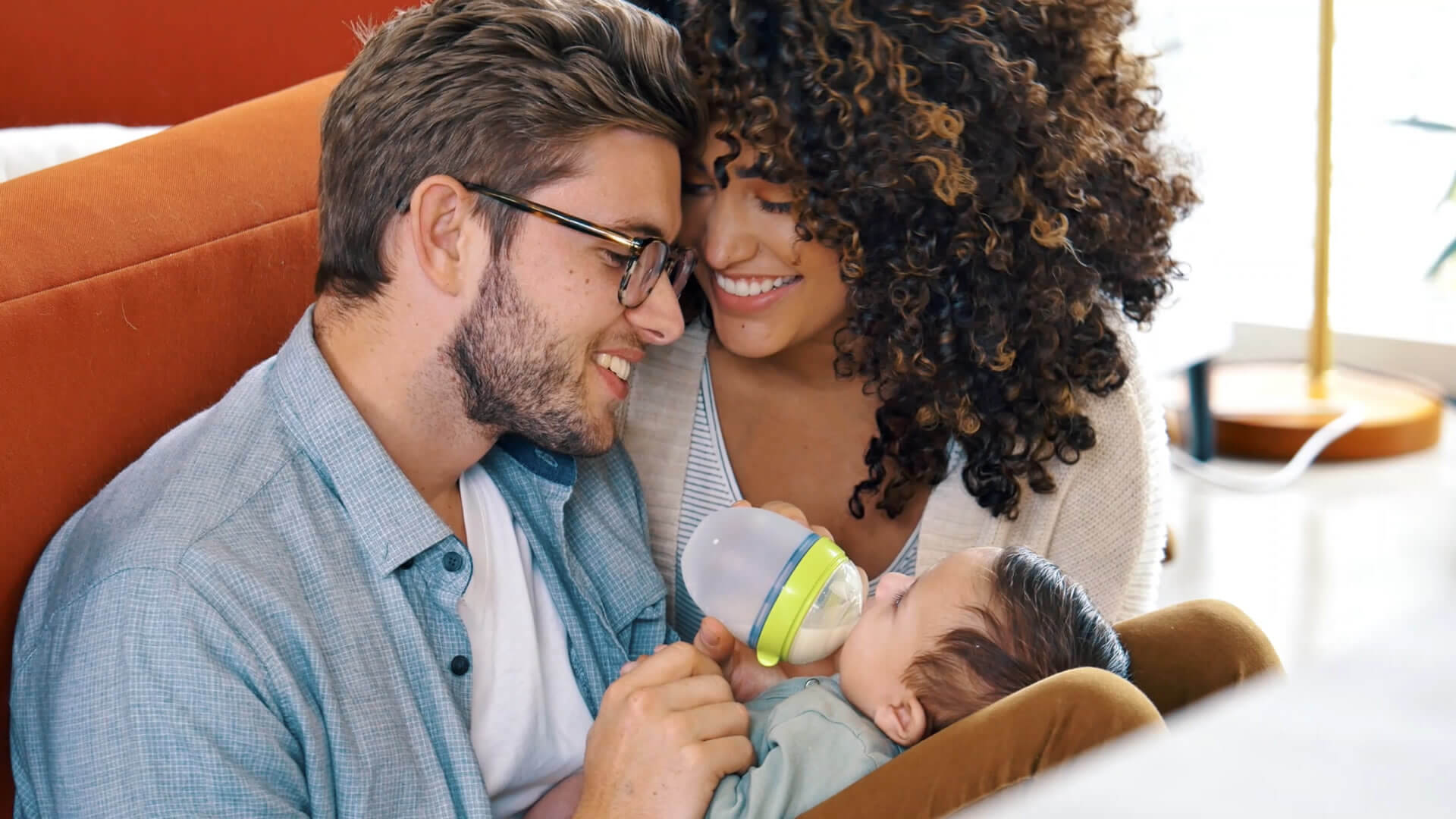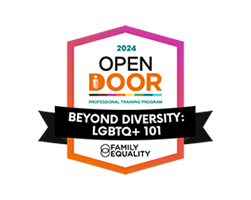Choosing to be an egg donor and donating your eggs so that an infertile couple can start a family is a big decision. Generally, egg donation comes with financial incentive and is often why young women help in this way. One big concern many have about this process is how it could affect future fertility for them personally. So the big question is: Does being an egg donor actually jeopardize your future in starting a family and fertility? Based on the most current studies, there is no evidence that egg donation has any effect on your future fertility. A woman choosing to donate her eggs has the same chances in the future of getting pregnant like a non-donor. Below are three main facts to help clear the any questions one may have on this subject.
Future Fertility Status
Often many women qualify to donate eggs, however, not every woman will applies will qualify due to specific criteria set by health professionals. Doctors who manage the egg retrieval process run several intensive tests on donors to determine their fertility status. Women who choose to donate eggs from all over the country (including an egg donor in Dallas, TX) would see a fertility specialist to assist with this. The screening results and medical checkups will provide information on your fertility health. After reviewing your results, health professionals can advice you accordingly on whether or not it would be wise for you to proceed with the egg donation. Women whose fertility won’t be affected by the donation are allowed to proceed with the egg donation process. What does this all mean? If you pass these screenings to move forward then your fertility is unlikely to be changed by donating your eggs.
Egg Reserve
Perfectly healthy women have roughly 500,000 eggs in their egg pool. Commonly, 10 or fewer eggs can be retrieved in an egg donation cycle. In a normal cycle, only one egg would make it to the ovulation stage. This means that the remaining eggs would have been discarded in the menstrual cycle. Multiple eggs are retrieved during an egg donation cycle, but that does not take away from your egg reserves, causing them to be deflated. To sum this up, all of the eggs you produce are retrieved in an egg donation cycle and none are left to degenerate as they naturally would.
You can still become pregnant and have your own children as your egg reserves are still intact.
What Causes Infertility in relation to egg donation?
Complications during an egg donation retrieval process are what could make a donor infertile. We work with the best and encourage all women considering egg donation to only work with well known proven fertility centers. You can seek referrals for clinics to work with. There are also egg donation centers with experienced professionals who help carefully manage your cycle and ensure nothing goes wrong. If the retrieval is done correctly, your fertility will not be affected.
To help protect yourself and the risk of future infertility, it’s wise to allow considerable time between egg donations. The medical professionals you under care with can advise you on what that timeline would look like for you. Resting between cycles gives your body time for normal functions to be restored which lowers the opportunity of complications.

We help Intended Parents Create Happy Families via Egg Donation & Surrogacy with the help of caring Egg Donors & Surrogates.
What is Egg Donation, Can I be an Egg Donor, Egg Donation Process, Common Egg Donation Questions, Becoming an Egg Donor, Qualifying as an Egg Donor, Egg Donation, Egg Donor process, Why to go through an agency?, Egg Donation Overview.






